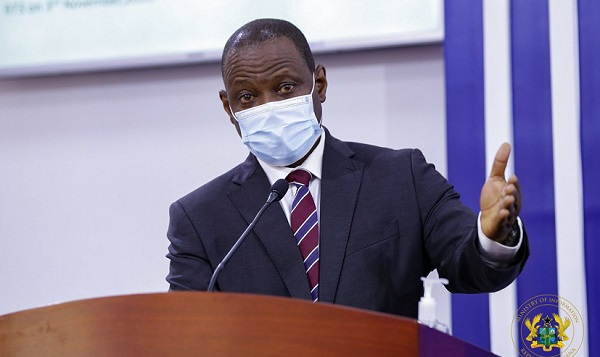|
Getting your Trinity Audio player ready...
|
Ghana has recorded two confirmed cases of Lassa fever disease.
The two cases were confirmed by the Noguchi Memorial Institute for Medical Research on February 24, 2023.
A statement issued by the Ghana Health Service (GHS) signed by its Director-General, Dr Patrick Kuma-Aboagye on Sunday, February 26, 2023, said the first case was a 40-year-old trader, who was unwell for a period of about two weeks and finally died at the Korle-Bu Teaching Hospital.
The second case, who is a contact of the first case, is currently on admission but is very stable.
According to him, so far, 56 contacts have been identified and are being followed up.
Brief about Lassa fever
Lassa fever (a viral hemorrhagic fever) is endemic in Benin, Ghana, Guinea, Liberia, Mali, Sierra Leone, and Nigeria. Ghana recorded its first case in 2011.
Lassa fever is caused by Lassa virus and the incubation period is 2-21 days.
The virus is transmitted to humans through contact with food or household items contaminated with rodent (Rats, Mice) urine or faeces.
Lassa virus may also be spread between humans through direct contact with the blood, urine, faeces, or other bodily fluids of a person infected with Lassa fever. Sexual transmission of Lassa virus has been reported.
Symptoms of Lassa fever
The early symptoms of Lassa fever may include fever and general weakness.
Persons may later present with headache, sore throat, muscle pain, chest pain, nausea, vomiting, diarrhoea, cough, and abdominal pain.
In severe cases, there maybe bleeding from the mouth, nose, vagina or stomach. Death usually occurs within 14 days of onset in fatal cases.
Treatment and prophylaxis
There is medicine (antiviral) for treatment and much effective if taken early. There is currently no vaccine that protects against Lassa fever.
Source: myghanadaily


